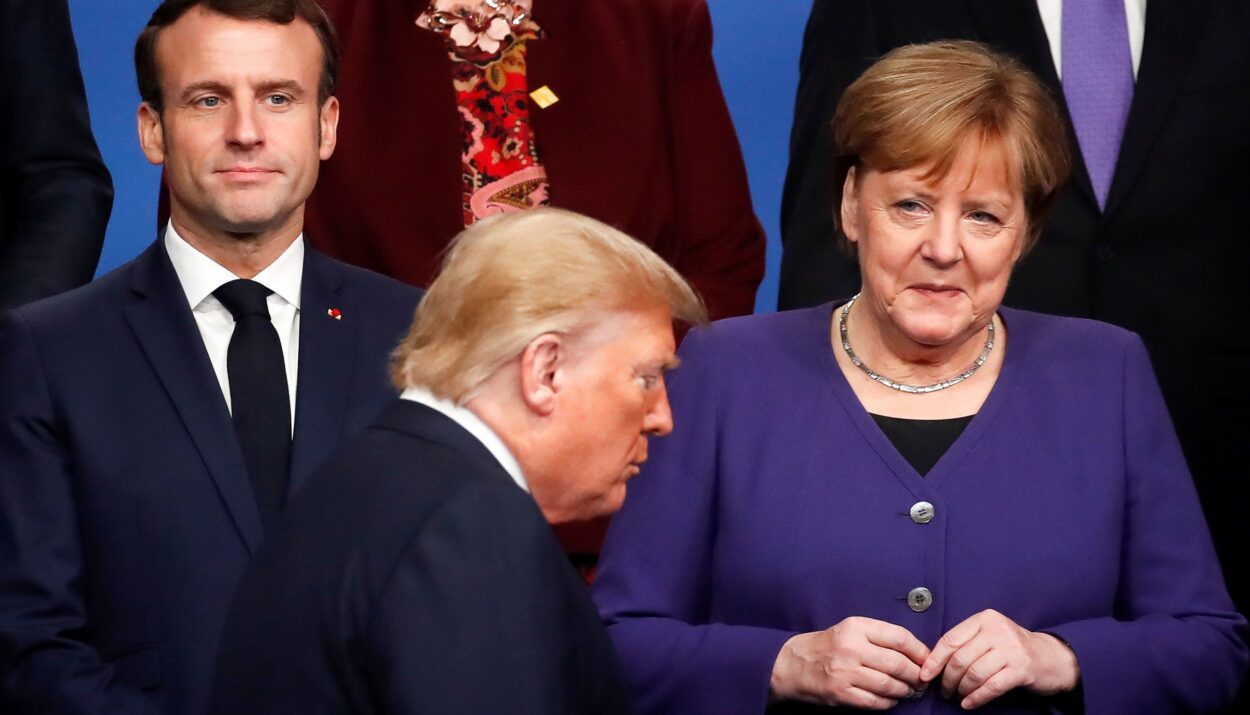The likelihood of Donald Trump winning the 2024 U.S. presidential election has risen to 60%, with analysts at Goldman Sachs predicting significant repercussions for Europe. Trump’s re-election could result in the reintroduction of aggressive trade policies and heightened economic uncertainty.
Aggressive Trade Policies and Tariffs One of Trump’s key proposals is to impose a 10% tariff on all U.S. imports, including those from Europe. This could lead to trade policy uncertainty similar to the 2018-2019 trade war with China. Goldman Sachs analysts estimate that the previous trade war reduced Euro area industrial production by around 2% and contributed to a 1% GDP decline. New tariffs would likely prompt retaliation from the EU, escalating trade tensions and potentially slowing economic growth across Europe, particularly in trade-reliant economies like Germany.
Defence and Security Spending Trump has consistently pushed for NATO members to increase their defence spending to 2% of GDP. Currently, European countries spend about 1.75% of GDP on defence, so meeting Trump’s demands would require an additional 0.25% of GDP annually. Additionally, Trump’s stance on reducing U.S. military support to Ukraine could force European nations to increase their defence spending by another 0.25% of GDP. While this might provide a modest boost to growth, the high import share of European military spending means much of this benefit would flow to the U.S. economy instead.
Spillover Effects from U.S. Domestic Policies Trump’s domestic policies, particularly tax cuts and deregulation, could have mixed effects on Europe. Increased U.S. demand resulting from these policies might slightly lift Euro area activity. However, the financial market shifts seen after Trump’s 2016 election—higher long-term yields, rising equity prices, and a stronger dollar—are expected to be less impactful this time around. Goldman Sachs expects the net financial spillover to be muted, with higher long-term rates potentially offset by a weaker Euro.
Overall Economic Impact on Europe Goldman Sachs estimates that Trump’s policy agenda would lower Euro area GDP by around 1% and increase inflation by 0.1 percentage points. The analysts also suggest that the effects on economic activity would be more significant and persistent than the impact on inflation. Consequently, Trump’s re-election could strengthen the case for continued European Central Bank (ECB) rate cuts in 2025, with simple Taylor rules pointing to additional cuts worth 30-40 basis points.










